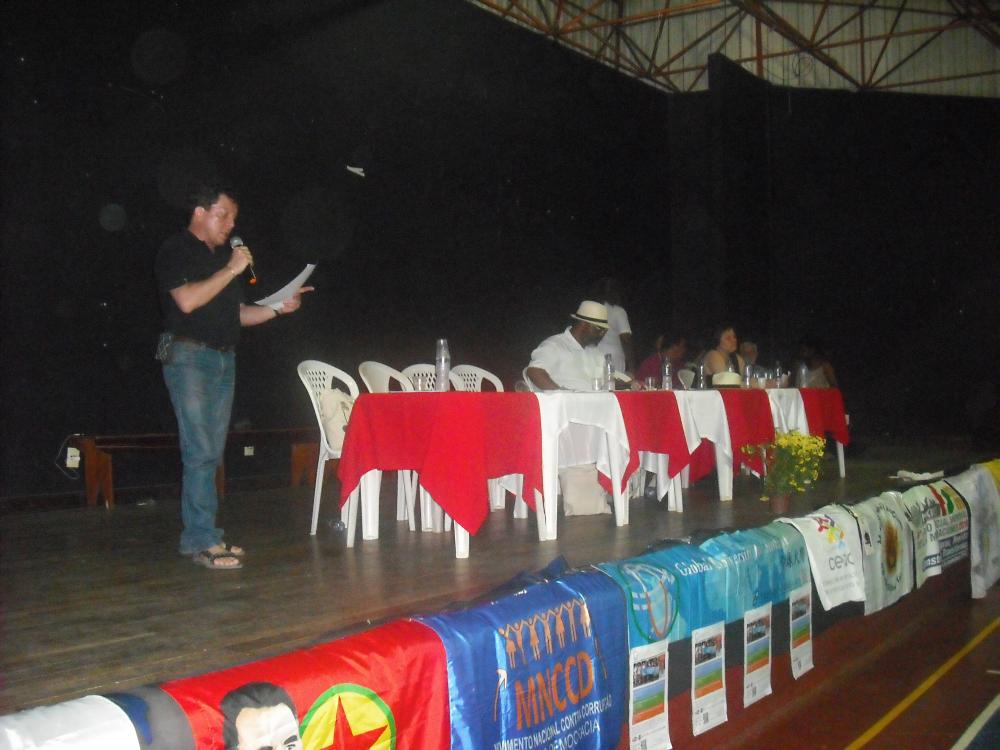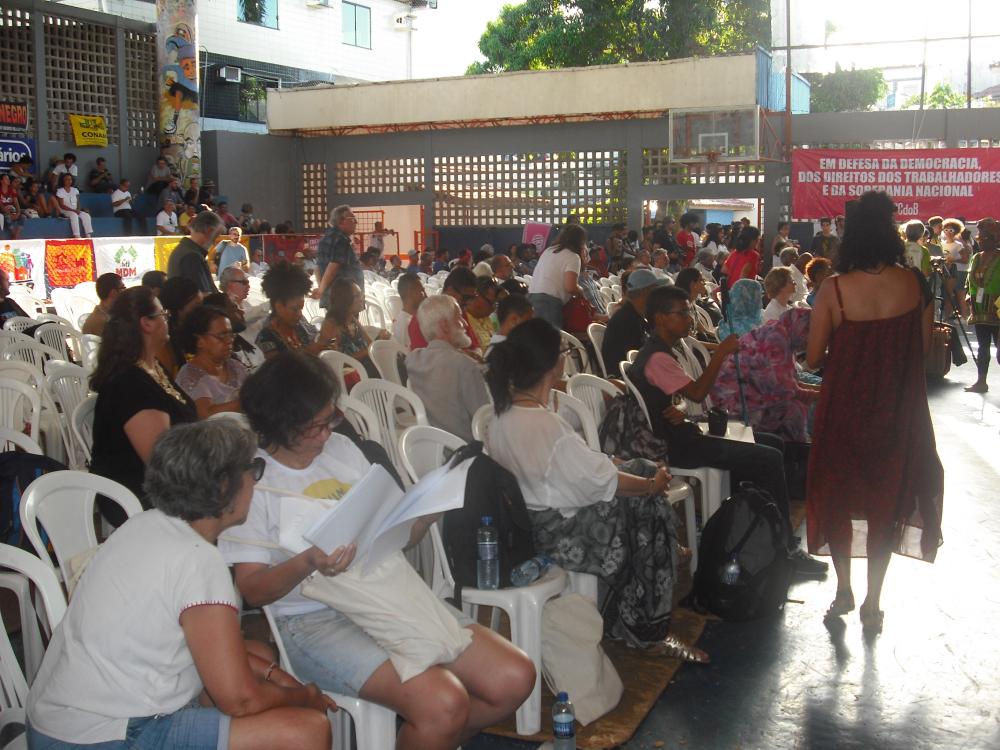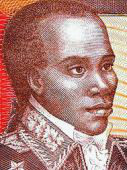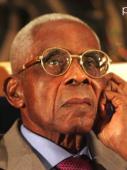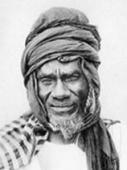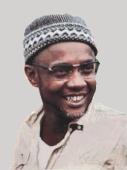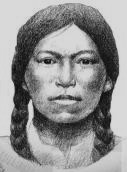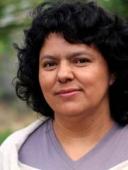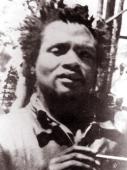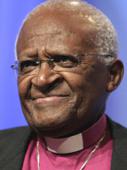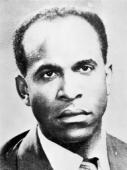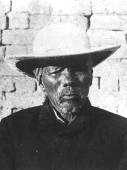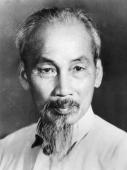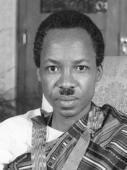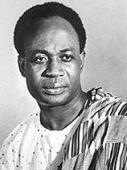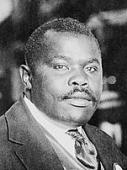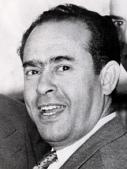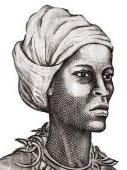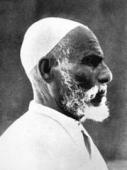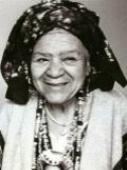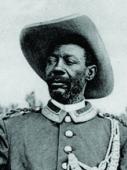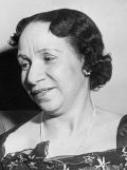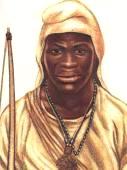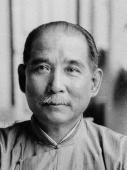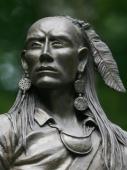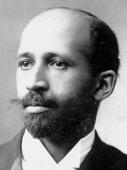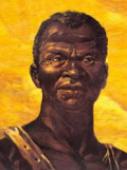The theme of reparations at the 2018 World Social Forum in Salvador de Bahia was treated in the workshop Reparations to Colonialism (page 113), in the World Assembly of Resistance Peoples, Movements and Territories and in the Agora of futures. In these activities participated some hundred people, many of whom representatives of other organizations. It was made a point of the situation on the reparations in recent years trying to identify actions most promising for the future.
United Nations: on January 1, 2015 the International Decade for People of African Descent began with the inauguration on March 25, 2015 in New York at the headquarters of the United Nations of the Ark of Return, permanent memorial to honour the victims of slavery and the transatlantic slave trade. On January 29, 2016 the United Nations’ Working Group of Experts on People of African Descent ended a ten day visit in the United States renewing the encouragement to reparations to the African American descendants of slaves and on February 27, 2017 ended a seven day visit in Germany inviting to recall its own share in the history of colonization, enslavement and genocide and use a reparatory justice approach as a way forward.
International day for reparations: launched by the Assembly of convergence To end with racism, xenophobia and the discriminations that are the bases of colonialism of the World Social Forum 2013, it is annually celebrated on October 12. It is possible to join the call and/or organize decentralized action necessary to advance the cause of reparations all over the world (press releases, conferences, exhibitions, media campaigns, street actions, cultural festivals, radio broadcasts or television, political decisions, etc.). Its recognition at the United Nations level will give the right legitimacy to the various requests for reparations continuing the path traced by the Durban World Conference Against Racism (WCAR) and allowing to speed up the process.
Request for reparations for the genocide of the native people and the slavery started in 2013 by the members of the Caribbean Community (CARICOM): in addition to the interventions during the annual General Debate of the United Nations General Assembly, expressed their support on December 14, 2014 the Bolivarian Alliance for the peoples of our America – Peoples' Trade Treaty (ALBA-TCP), on January 27, 2016 the Community of Latin American and Caribbean States (CELAC) and on June 4, 2016 the Association of Caribbean States (ACS). From April 2016 it began a series of Reparations relays and rallies in collaboration with the CARICOM members that still continues, in the month of August 2016 the CARICOM Reparations Commission launched its website and on October 10, 2017 the University of the West Indies (UWI) launched the Centre for Reparation Research (CRR).
Request for reparations for the Herero and Nama Genocide launched in 2006 by Namibia: on July 1, 2015 the parliamentary group Die Linke presents the motion Reconciliation with Namibia: recognize the Genocide! that unfortunately is rejected by the German Parliament on March 17, 2016. The congress Restorative Justice after Genocide was held in Berlin from 14 to 16 October 2016 and on January 5, 2017 the Herero and Nama have filed a class action lawsuit in the Federal court in New York to get collective reparations and the right to be present at the ongoing negotiations between the German and Namibian Government. On February 27, 2017 the United Nations' Working Group of Experts on People of African Descent ended a seven day visit in Germany remembering that the Herero and Nama people must be included in the negotiations currently ongoing between the German and Namibian governments. On April 24, 2017 the Evangelical Church in Germany has asked the descendants of the victims of the genocide in then South-West Africa for forgiveness.
Requests of repatriation of the remains and return of the treasures looted: on July 27, 2016 the Government of Benin asked France the return of the treasures looted looted during the conquest of November 1892 unfortunately secretly refused by the Government of France on December 12, 2016. On August 2, 2017 the Prussian Cultural Heritage Foundation (SPK), which manages German museums, announced the launch of the investigation of the origins of about a thousand skulls looted during the colonialism to decide how to handle them, not excluding their return. On November 28, 2017 the French President Emmanuel Macron declares to want that within five years there are the conditions for temporary or permanent restitution of African heritage to Africa. On December 18, 2017 in Berlin, the capital of Germany, dozens of organizations and hundreds of personalities sent an open letter to German Chancellor Angela Merkel asking in occasion of the centenary of the end of German colonialism the restitution of cultural objects and human remains from Africa.
